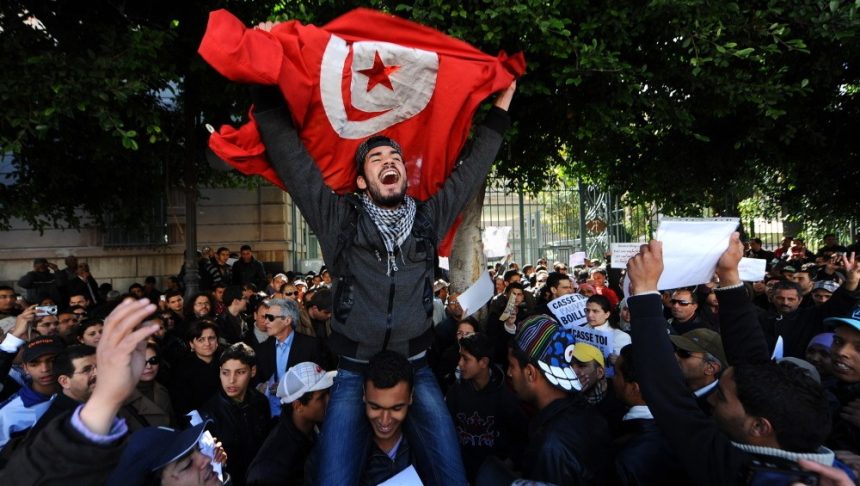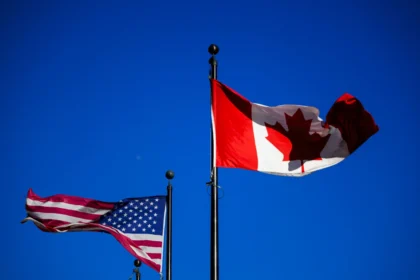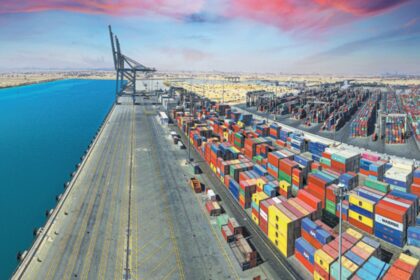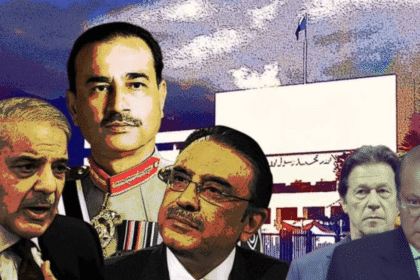Social media activism is, without a doubt, a reformation in the fields of discourse, diplomacy, and political analysis. People and journalists alike are using platforms to voice their concerns and desires regarding multiple topics. Even governments themselves have specialized wings dealing with social media and its trends. It is no wonder that media is now considered the fifth pillar of the government, and without its active support, a country cannot stand on its own. With its vast audience and reach, its influence is far beyond the imagination of a few individuals.
Historical Impact: The Arab Spring
In the early years of social media activism, it was hardly expected that such a new platform could bring about real and complacent change in the realm of conventional wars and diplomacy. However, certain events, such as the Arab Spring of 2011, drastically changed the outlook of the world in mere months.
In a nutshell, the entire Middle East was infuriated with its unpopular dictatorships and military rule. With the use of social media, foreign stakeholders ignited a fire within the people and united them against their governments. What had begun as a small movement for democracy soon became a widespread military retaliation by the people. Suddenly, governments were ousted, and new parliaments were established. It all started in Tunisia against the corrupt government, and the movement transcended borders, spreading into Syria, Libya, Egypt, Yemen, and Bahrain. Though the wave faded to some extent by the end of 2012, it left a lasting impact and instilled fear of social media’s power worldwide.

Social Media’s Role in Charity and Economic Boycotts
In today’s era, many donation campaigns and humanitarian organizations have been established due to social media activism. For instance, funding for the refugees of Gaza—caught in the genocide by Israel—is a solid example. People from around the world used trending hashtags to garner attention and momentum for their acts of charity. Soon, millions of dollars were donated to these NGOs.
Another example of such support was the trend of boycotting Israeli goods and services. The Boycott, Divestment, and Sanctions (BDS) movement has achieved considerable results. Any company, whether Israeli or a multinational one with significant Jewish shareholders, was neglected and boycotted worldwide. Companies such as Pepsi, McDonald’s, and Nestlé have faced backlash and a reported loss of 20-30% in their sales. This demonstrated that trends on platforms like Twitter and Instagram cannot be taken lightly.
Social Media and Minority Rights Movements

Furthermore, social media has been instrumental in raising voices for the less fortunate, particularly minorities. The impact of social media activism on government policies has been significant. The murder of George Floyd in the United States sparked a global movement against racism. The movement gained resonance in about 60 countries and became the largest protest in U.S. history. An estimated 15 to 20 million people took to the streets, forcing the government to take major action. The legal trial was fast-tracked, and justice was swiftly delivered.
The Dark Side: Propaganda and Proxy Wars
In some parts of the world, social media activism has been used as a weapon to further proxy wars and propaganda rather than genuine activism. In Pakistan, for example, non-state actors actively use social media to defame the government and its institutions. Conversely, they glorify militant organizations such as the Balochistan Liberation Army (BLA) and Tehrik-i-Taliban Pakistan (TTP), further garnering support from uninformed individuals.
Both these organizations maintain networks on platforms such as WhatsApp, Rumble, and Telegram, where they share real-time updates on their terrorist activities and combat footage. In such cases, separatist movements gain significant traction. Historically, across different borders, such movements have often escalated into civil wars and freedom struggles, raising serious concerns.
A Reckoning Force: The Future of Social Media Activism
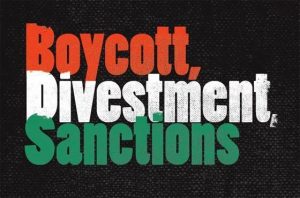
Threat and usefulness go hand in hand when discussing social media activism. However, one thing is clear: it is a formidable force capable of bringing reckoning change in societies and cultures worldwide. Therefore, its existence must be acknowledged and studied in depth.
To prepare for both the challenges and opportunities it presents, Pakistan must develop strategies to harness social media activism for the benefit and prosperity of its people. Digital literacy and critical thinking skills must be fostered among the masses. Ethical online engagement should be encouraged to ensure that the positive aspects of this reform are maximized while its risks are minimized.






